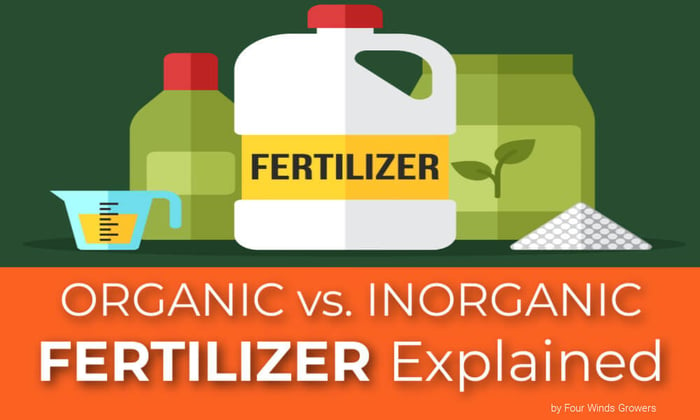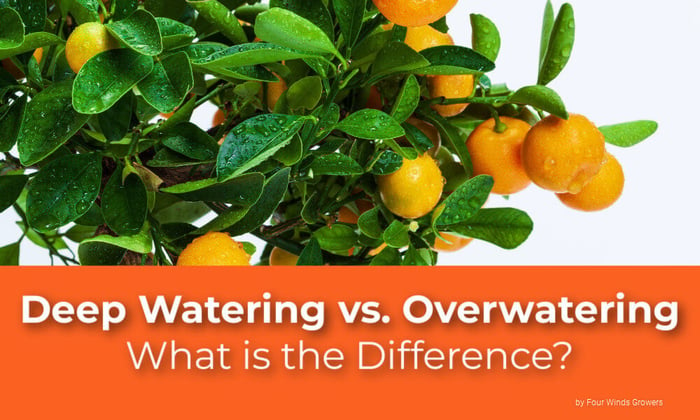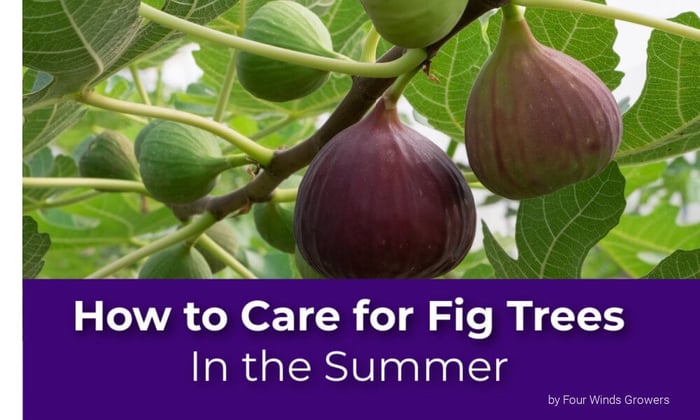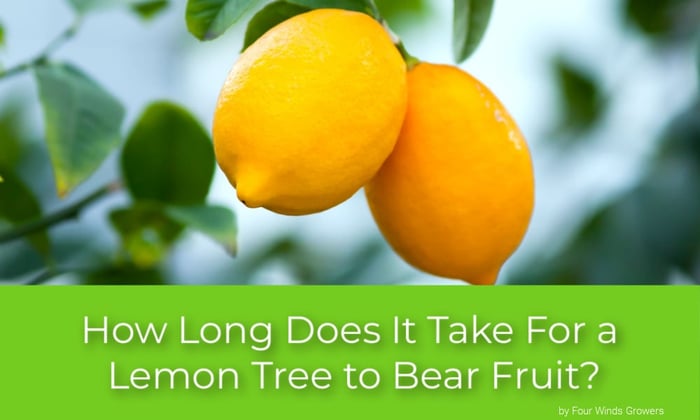Choosing the right fruit tree fertilizer should be simple but with so many products on the market promising the world to your fruit trees, it has never been more difficult. Today we will cover the basics in organic vs inorganic fertilizer and which is right for your fruit tree.
The main difference between the two is that organic fertilizers require microbes to make the nutrients available to the tree, which in turn feeds and breathes life into your soil. Inorganic or synthetic fertilizers are chemical based and instantly available to the tree, but do not contribute to the overall health of the soil, and can have a negative impact on the ph of the soil as minerals build up over time. Inorganic fertilizers also often lack trace minerals that are present in some organic fertilizers since they are designed to target the basic NPK needs of a given plant. Organic fertilizers are less potent and often require a larger dose compared to inorganic fertilizers.
Let’s go over a couple of different use cases. First, we have one grower who is growing their new Meyer Lemon Tree in a New York City apartment in a container by a south-facing window that gets full sun. The second grower is growing their Kishu Mandarin tree in a Los Angeles yard in the ground, also getting full sun.
Grower 1 has done their homework and has already started with a well-draining potting mix like our Primo Mix and has also chosen a container with plenty of drainage to prevent issues with overwatering. The caveat with this mix is: while it does have excellent drainage, it does not contain a ton of nutrients and relies on regular feeding to promote new growth in your tree. Organic fertilizers require microbes to break down the fertilizer to make the nutrients available to the tree roots. These microbes are not abundant in soilless potting mixes like our primo mix, so an inorganic fertilizer like Romeo Plant Food that is formulated to be instantly available to tree roots will work much faster and give you more rapid results. Organic Fertilizers will certainly work, but the results are much slower.
For indoor use, Grower 1 may also want to consider the odor of the fertilizer. Our G&B Organic fertilizer is composed of ground organic waste and dehydrated manures which are excellent for your tree but once hydrated can revive some unpleasant smells upon application. Since Romeo is a water-soluble plant food, one can easily mix the nutrients into the water once a month to keep the tree fed and looking lush and green.
Grower 2 is growing the Kishu Mandarin in the ground where there is an abundance of microbes to break down the organic fertilizer and make the nutrients available to the tree. G&B Organics Citrus & Fruit Tree fertilizer is a well-balanced plant food that provides nutrients, microbes & mycorrhizae that will not only feed your tree but also improve your soil quality over time with repeated applications. There is little risk of over-application in an in-ground tree when using organic fertilizers in this scenario since excess nutrients will feed the surrounding soil biology. Organic fertilizers like the one mentioned above can be applied in a couple of ways. The first is to be applied to the topsoil directly and worked into the top inch or so of soil. Then, water the fertilizer in. Alternatively, you can mix the fertilizer into a bucket of water and allow the mix to sit overnight. This will jumpstart the decomposition process and you can pour the slurry around your tree the next day.
Both Organic & Inorganic fertilizers have their place, and ultimately it is up to the grower to decide how they want to grow their trees since there are trade-offs with either method. Both fertilizers, if used regularly, will produce beautiful citrus trees.
Protect your tree from sunburn, insects & rodents with PLANT GUARD tree paint & foliar spray.
Protect your roots from rodents with ROOT GUARD the original gopher wire basket.
Feed your fruit tree with Romeo Plant Food. This water-soluble fertilizer is great for in-ground or in-container growing.
Author: Israel Osuna




